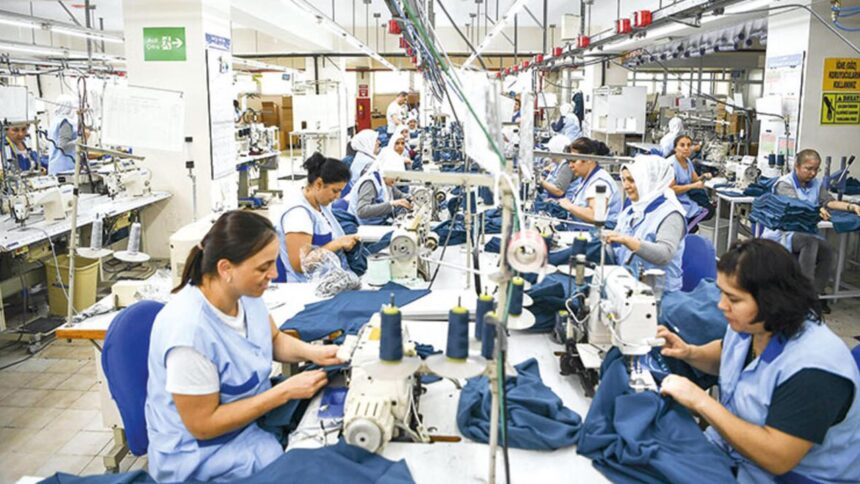BY FATIH OZATAY
The economy grew by 11% in 2021. The Gross Domestic Product (GDP) rose by 7.3% in the first quarter of 2022 (Q1), year-over-year. But does everyone benefit from this increase at the same level? The dramatic situation becomes clear when the GDP data is examined in terms of income. The share of the segment that earns their living from labor in GDP has continuously declined since 2019. While the share skydives, GDP hits a historic high. The share of those who earned their living from labor in total income was even higher in the 2001 crisis than now. Inflation and the weakness of unions play a role in this. Inflation hits those, who don’t have the power to negotiate for wages and salaries. The purchasing power of a vast majority of the public disappears within a few months. The typical precedent of this is what happened to minimum wage employees. The minimum net wage has been raised by 51% as of January. A considerable part of this surge was compensation for inflation in the past. Food inflation, which rose by 44% in the first four months of 2022, is also important for minimum wage employees. The 5-month hike in food prices, including the surge in May, will be equal to the increase in net minimum wage or be higher than it.










